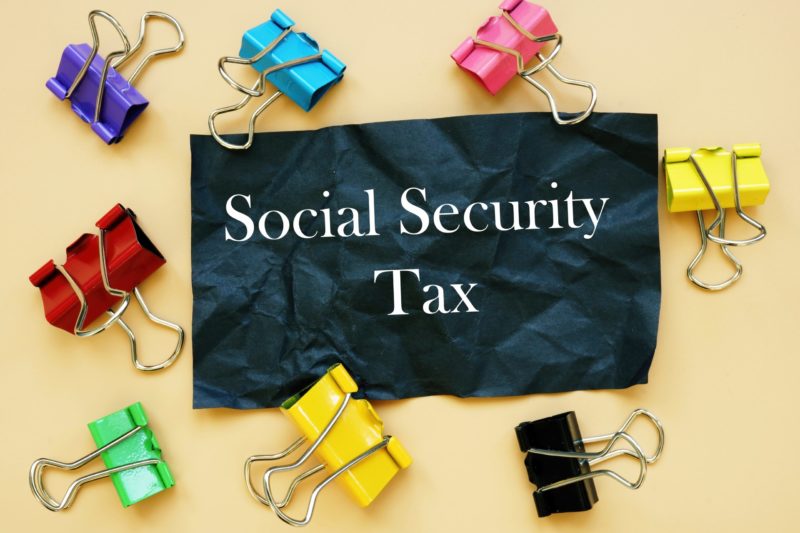On August 8, 2020, President Trump issued an executive order offering payroll tax deferral until the end of 2020. Deferral would begin on September 1, 2020 and employers could pause collecting the 6.2% employee portion of the social security tax on an employee’s annual wages for 2020.
On August 28, 2020, the IRS issued Notice 2020-65, stating employers may defer social security tax with holdings to an employee’s taxable wages that are less than $4,000 during a bi-weekly pay period between September 1, 2020 to December 31, 2020.
holdings to an employee’s taxable wages that are less than $4,000 during a bi-weekly pay period between September 1, 2020 to December 31, 2020.
Notice 2020-65 stated the deposit obligation for employee social security tax does not arise until the tax is withheld. Accordingly, by postponing the time for withholding the employee social security tax, the deposit obligation is delayed by operation of the regulations. Thus, this notice does not separately postpone the deposit obligation.
Is it voluntary?
However, there were questions about whether it was optional or voluntary for the employer and implementation of the program.
On September 3, 2020, Kevin Brady (R-TX), ranking member, House Ways and Means Committee, confirmed the executive order provides temporary relief for employers from the obligation to withhold and pay the employee portion of social security payroll taxes for certain employees. It does not mandate deferral, nor does it outline any penalty as a result of not participating in the deferral.
What happens if an employee is terminated or leaves employment?
What happens if an employee is terminated or leaves employment prior to paying the deferred amount? This creates a difficult situation for the employer. The employer is responsible for the employee’s share of social security taxes. In this situation, the employer can ask the employee for repayment by deducting the amount owed from the final paycheck or making repayment arrangements. Otherwise, the employer has to pay the balance owed to the IRS.
For this reason, most employers have decided not to offer deferral of social security tax withholdings.
Responsibility of the Employer
Notice 2020-65 places the responsibility of payment of deferred amounts on the employer. If the employer does not pay the deferred amounts by April 30, 2021, they are subject to interest and penalties, including the trust fund recovery penalty. Since they are the responsible party, the IRS is allowed to collect unpaid taxes from corporate officers, partnership members, employees, and other people responsible for collecting and depositing taxes withheld. Additionally, trust fund taxes are non-dischargeable in bankruptcy.
Need help or have questions about this information? We are happy to discuss your situation and offer guidance.